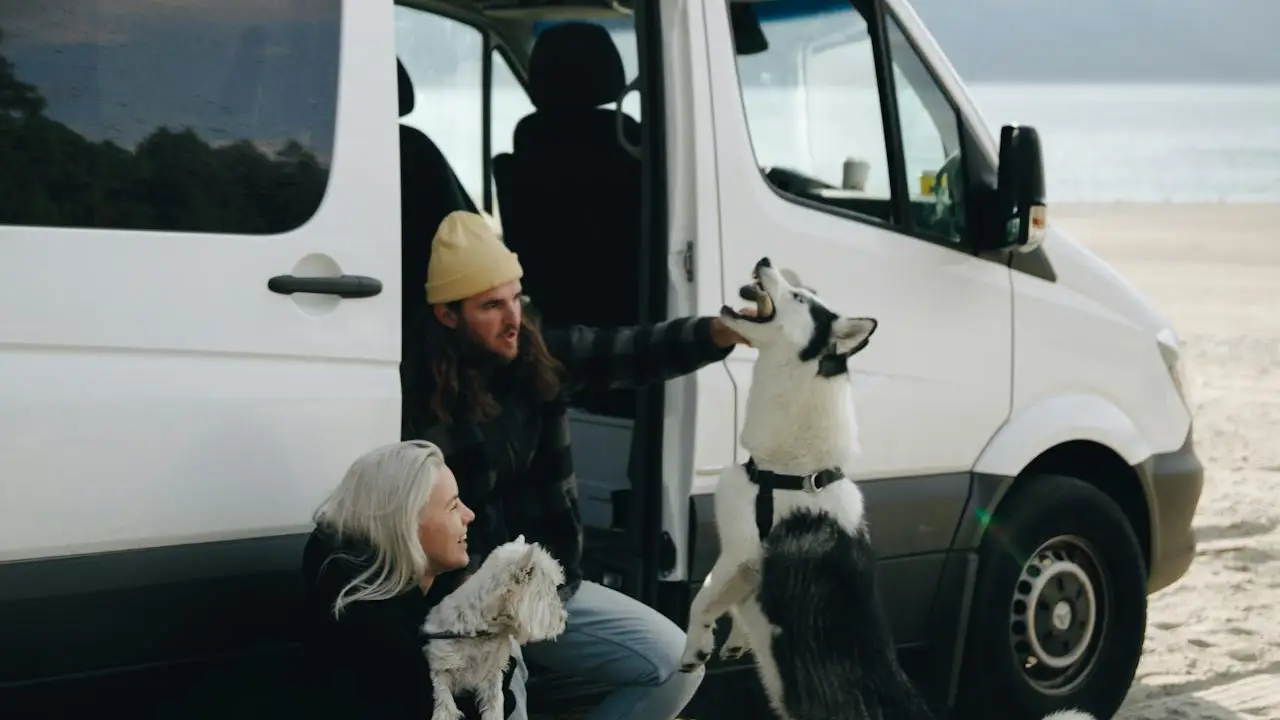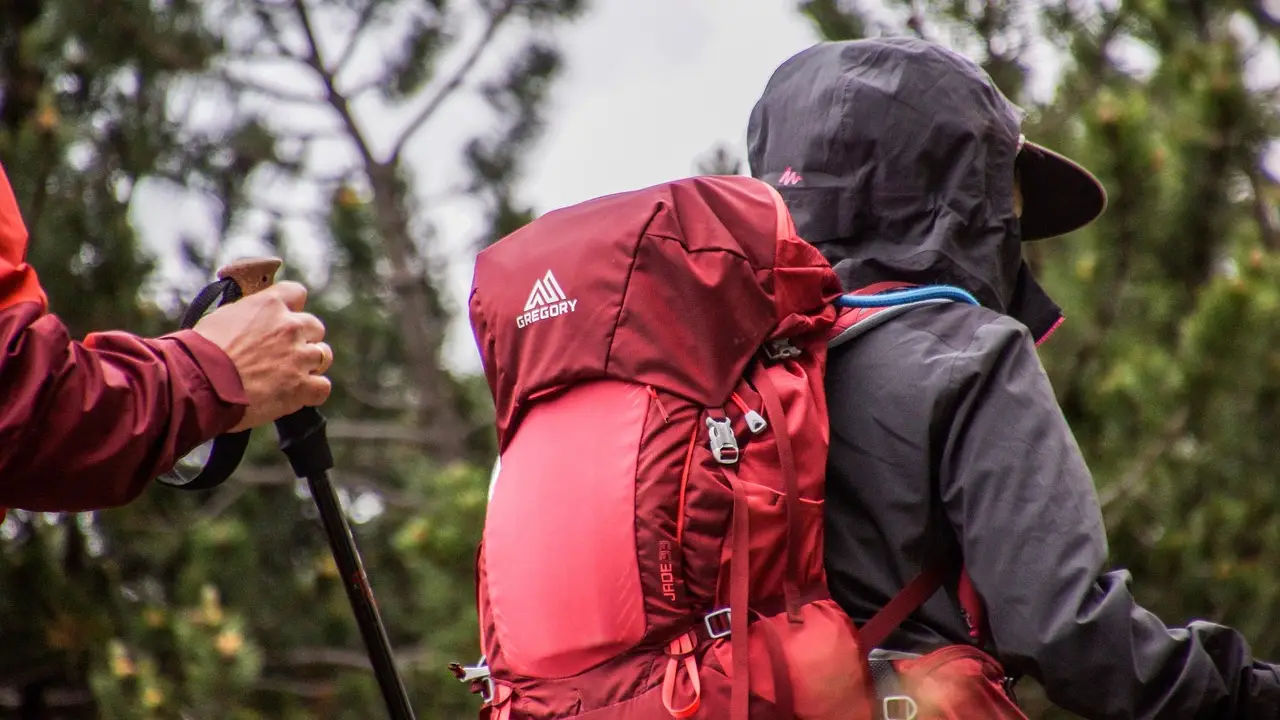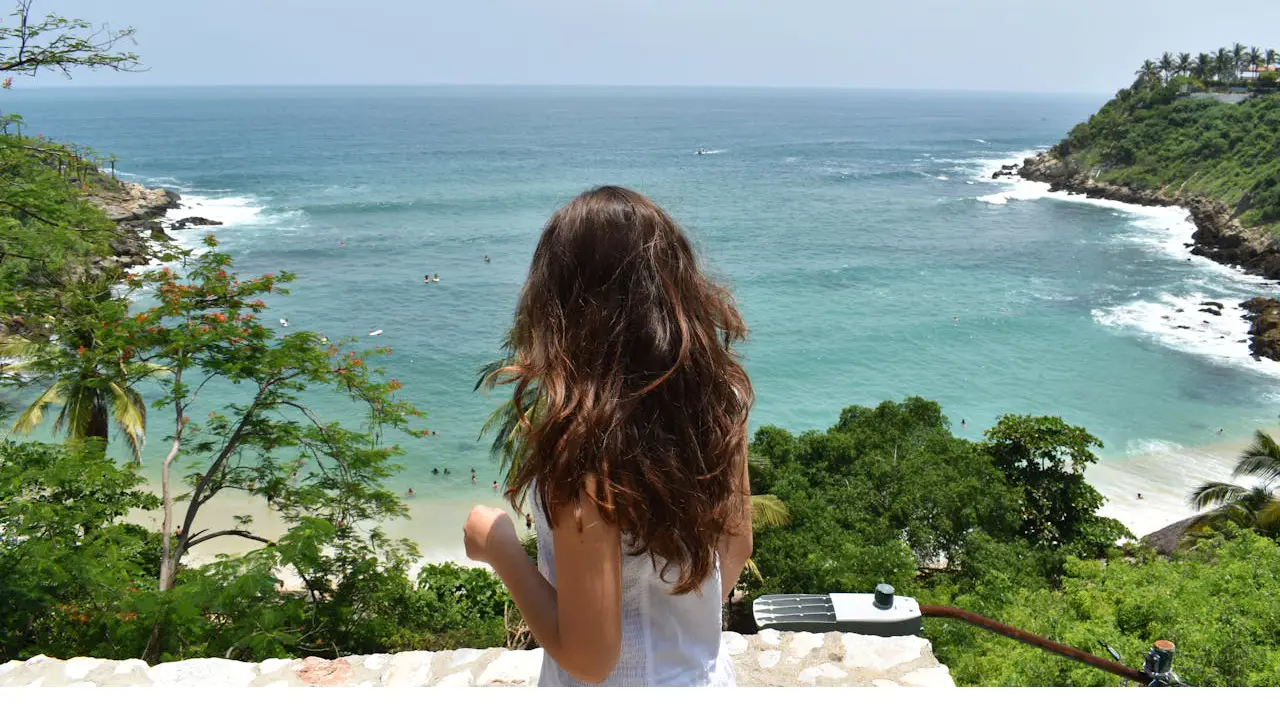Nothing compares to the simple joy of waking up in the wilderness with the fresh air filling your lungs and the sounds of nature all around you. Camping offers a break from the daily grind and reconnects us with nature. But if you’re new to camping or want to make sure your next adventure is as smooth as possible, there are some important things to know before you head out. This guide will walk you through tips and tricks to help you make your next camping trip a memorable experience.
Choose the Right Campsite
The first step to a successful camping trip is choosing the right campsite. There’s a huge difference between camping in a national park and setting up your tent at a nearby campground. Think about what kind of experience you want. Do you want to be in the middle of nowhere, surrounded by nothing but trees and wildlife? Or would you prefer a more structured site with amenities like restrooms and fire pits?
Once, a friend of mine chose a site too close to a highway, thinking it would be convenient. What we didn’t account for was the constant noise from passing cars. Lesson learned—now I always look for quieter spots, even if it means driving a little further.
When choosing your spot, also consider the weather, terrain, and proximity to water. Having a river or lake nearby can enhance your camping experience, but being too close could also invite insects or pose a risk of flooding during heavy rains.
Packing Essentials: What You Really Need
Packing for a camping trip can feel overwhelming, especially if you’re new to it. One way to avoid overpacking (or under packing) is to create a checklist of essentials. Here are a few must-haves:
Shelter: Whether it’s a tent, hammock, or camper van, make sure your shelter is appropriate for the conditions. Bring extra stakes and a tarp for added weather protection.
Sleeping Gear: A good sleeping bag is worth the investment. Choose one rated for the coldest temperature you’ll encounter. Don’t forget a sleeping pad or air mattress for added comfort.
Cooking Supplies: Portable stoves, mess kits, and a reliable cooler are camping staples. Consider how you’ll store your food—keeping it sealed and safe from animals is crucial.
First-Aid Kit: Always pack a first-aid kit with basics like bandages, antiseptic, and any personal medications. Better to have it and not need it than to need it and not have it.
Clothing: Dress in layers. Weather can be unpredictable, especially at night. Quick-dry and moisture-wicking fabrics are great for outdoor activities.
I remember one trip where we underestimated the nighttime temperatures. We had to make do by layering all of our clothes just to stay warm. That experience taught me never to skimp on packing layers!
Food: Plan Ahead
A lot of people think camping food is all about instant noodles and granola bars. While those can come in handy, there’s no reason you can’t enjoy a good meal in the great outdoors. Plan your meals ahead of time, and prep what you can at home.
Consider making foil packet meals that can be cooked over a fire. One of my favorite meals involves wrapping veggies, potatoes, and a protein (like chicken or fish) in foil and placing it on hot coals. It’s easy, delicious, and there’s virtually no cleanup.
Also, remember to store food securely, especially if you’re camping in an area with wildlife like bears. Use bear-proof containers or hang food high in trees to keep animals at bay.
Fire Safety: Keep It Under Control
Building a campfire is often one of the highlights of any camping trip. But it’s important to be safe about it. Always check if there are any fire bans in place, and never leave your fire unattended.
Start with small sticks, known as kindling, and gradually add larger pieces of wood. Once your fire is going, keep water or sand nearby in case it gets out of control. When you’re ready to put it out, fully douse the flames with water, and stir the ashes to ensure there are no smoldering embers left behind.
A friend of mine once rushed through this process, only to discover the next morning that some embers had reignited. Thankfully, it didn’t spread, but it served as a good reminder to always make sure the fire is completely out before heading to bed.
Respect Nature: Leave No Trace
Camping offers an opportunity to enjoy the beauty of nature, but it also comes with the responsibility of preserving it. Following the “Leave No Trace” principles is essential to ensure that the natural environment stays beautiful for the next person who visits.
This means packing out all trash, avoiding the destruction of wildlife, and leaving campsites the way you found them. When we camped in a remote area a few years ago, we noticed how some sites had been littered with garbage. It was disappointing, but we made an effort to clean up and leave the site better than we found it. It’s small actions like these that help keep our wilderness areas pristine.
Stay Prepared for the Unexpected
Even with the best planning, things can go wrong. Weather can change suddenly, or you might take a wrong turn on a hike. Staying prepared is key.
Weather Changes: Always check the weather forecast before your trip, but be ready for sudden changes. Pack waterproof gear and extra clothing layers, just in case.
Navigation Tools: Bring a map and compass, or a GPS device if you’re heading into a remote area. Cell phones often lose signal in the wilderness, so don’t rely solely on them.
One time, our group encountered an unexpected rainstorm that lasted for hours. Thankfully, we had packed rain gear and set up our tarp early, so we stayed relatively dry. Being prepared made all the difference.
Enjoy the Experience
While preparation is key to a successful camping trip, remember to relax and enjoy the experience. The purpose of camping is to escape the hustle and bustle of daily life. Once you’re out there, let go of any stress about “doing it right.”
One of my favorite memories was a spontaneous camping trip we took with no real plan. We just threw our gear in the car and headed for the mountains. While we didn’t have everything perfectly organized, the trip turned out to be one of the most relaxing and fun weekends we’ve had.
Final Thoughts
Camping is one of the best ways to disconnect from everyday distractions and reconnect with nature. With the right preparation and mindset, you can ensure your trip goes smoothly and is full of memories. Whether it’s your first time or your hundredth, following these tips will make your next camping adventure one to remember.





